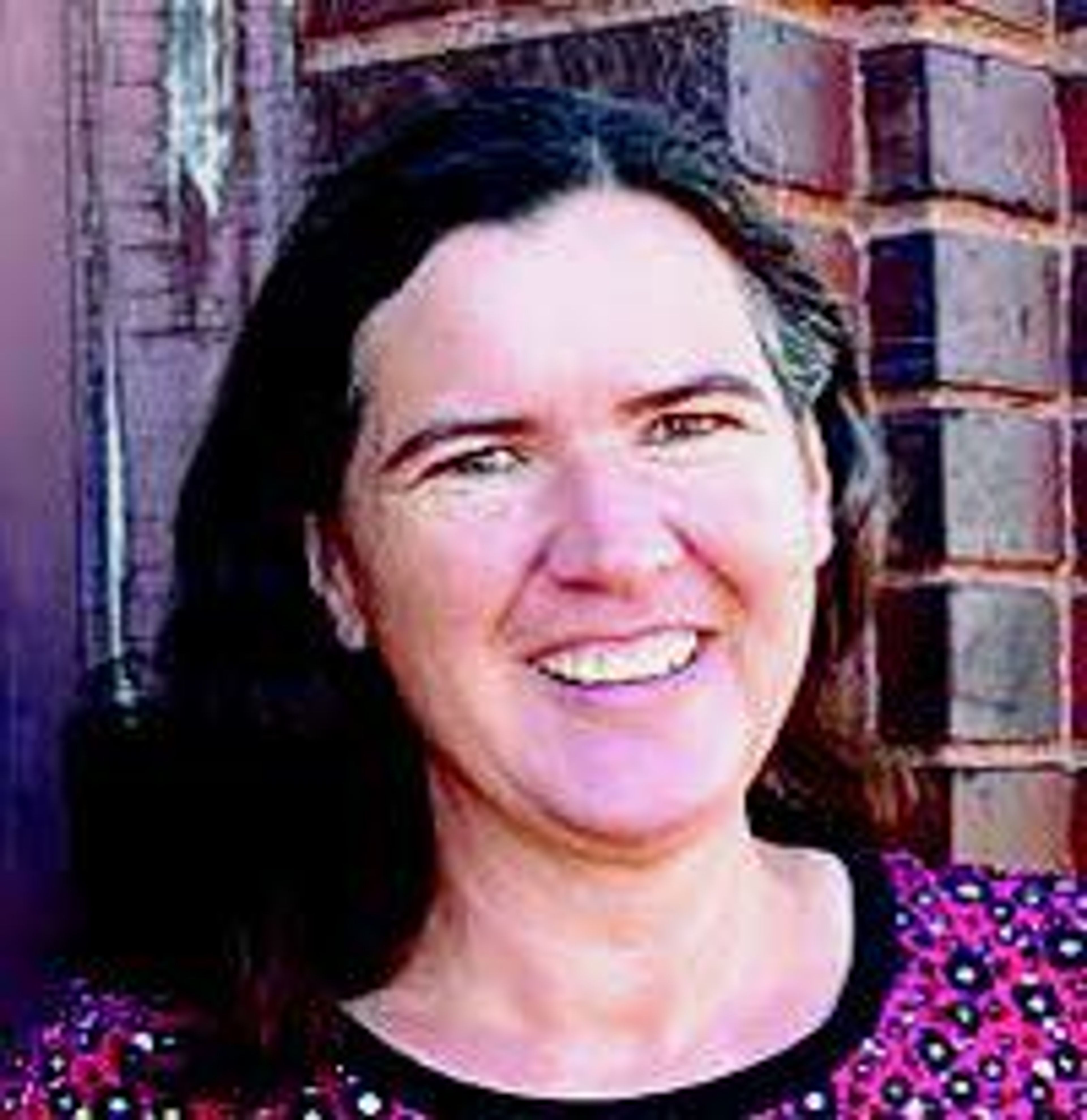Getting creative with vacant buildings, town lots
Strategist discusses innovative ways to create thriving small towns
After following 99 rural communities over 20 years, Iowa State University researchers determined that residents' openness to ideas is the most important characteristic to small town success, Becky McCray, a business owner in the 30-person town of Hopeton, Okla., told a crowd Wednesday at the Inland Northwest Partners summer meeting at the 1912 Center in Moscow.
"In all of the work and research that I have done with small towns, I have come to the conclusion it really is openness to new ideas because there's no one solution that will work for all your towns," McCray said.
McCray, who owns a retail liquor store and a cattle ranch with her husband, runs a website, Small Biz Survival, and wrote a book, "Small Town Rules," on businesses in small towns.
McCray said there are many ways small towns can fill vacant lots and buildings, like simply asking residents what they want there or by allowing local organizations to take turns using an empty space each month.
McCray said the purpose of occupying these spaces is to bring more life and activity downtown.
McCray said a Chamber of Commerce director in Webster City, Iowa, convinced 12 vacant building owners to clean the structures out and open them for public tours. The result was 11 of the 12 buildings being filled within a year.
McCray said another way to prevent vacant buildings from sitting unoccupied is to draft a city ordinance that charges vacant building owners until the structure is used.
She said small town success can be found by helping more people to start businesses. To open a successful business from scratch, generally a person needs to have great credit, lots of money and resources, and a number of skills, McCray said. Not many people have all those characteristics.
"What if we broke it down to the tiniest possible pieces and let people start from wherever they are and build up their ability to be a good business manager, to understand cash flow and marketing and all of that," McCray said.
She said tiny businesses, temporary businesses, multiple businesses under one roof and traveling businesses are all part of innovative rural business models.
McCray also discussed the "business inside a business" model. For example, a building in Webster City contains a bakery, retail store and local art business in one room.
"You've got room to pack more businesses into your downtown," McCray said.
She said this only works if you are lowering that barrier to entry and allowing people to try out their businesses.
The Town-Gown Collaborative and the Downtown Focus Committee will host a workshop featuring McCray from 7:30 a.m. to 1 p.m. Friday at the Atrium Room in the Crimson Commerce Club, 540 E. Main St., in Pullman. McCray and the public will walk downtown and view signage, parking, storefront appearances and more. The group will return to the Atrium Room and discuss the observations made and ways to bring more people downtown. Breakfast and lunch will be provided.
Garrett Cabeza can be reached at (208) 883-4631, or by email to gcabeza@dnews.com.







